From selling chickens on a dusty roadside to commanding a vast business empire worth millions, Kenya’s path to presidential power has never seen a rags-to-riches story quite like this one. William Ruto’s journey from humble beginnings to the highest office in the land has captivated Kenyans and international observers alike. His meteoric rise to wealth and power has been both inspiring and controversial, sparking intense debates about the intersection of business and politics in East Africa’s largest economy.
Understanding the financial status of political figures is crucial for maintaining transparency and accountability in any democracy. In Kenya, where corruption scandals have often marred public trust, scrutinizing the assets and wealth accumulation of leaders like Ruto becomes even more significant. This examination not only sheds light on potential conflicts of interest but also provides insights into the economic landscape that shapes the nation’s political dynamics.
From Chicken Seller to Political Powerhouse: Ruto’s Early Life and Career
William Samoei Ruto’s story begins in the village of Kamagut in Uasin Gishu County, where he was born into a modest farming family in 1966. Growing up, young William helped his parents by selling chickens and groundnuts by the roadside to supplement the family’s income. This early exposure to entrepreneurship would later prove instrumental in shaping his business acumen.
Despite the financial challenges, Ruto excelled academically. He attended Kapsabet Boys High School, where he served as the chairman of the Christian Union. This leadership role foreshadowed his future in politics and public speaking. Ruto’s academic prowess earned him a place at the University of Nairobi, where he graduated with a Bachelor of Science in Botany and Zoology in 1990.
Ruto’s entry into politics came during his university years when he became active in the youth wing of President Daniel arap Moi’s ruling party, KANU. His oratory skills and charisma quickly caught the attention of senior party members, and he soon found himself rubbing shoulders with the political elite. This connection to the corridors of power would prove invaluable in his future business and political endeavors.
After graduation, Ruto’s political career took off rapidly. He was elected as the treasurer of the influential YK’92 youth lobby group, which campaigned for President Moi’s re-election in 1992. This position not only honed his political skills but also introduced him to the world of campaign financing and resource mobilization.
In 1997, Ruto took a significant leap by successfully contesting the Eldoret North parliamentary seat. This victory marked the beginning of his ascent in national politics. Over the years, he held several key positions in government, including Assistant Minister for Home Affairs, Minister for Agriculture, and Minister for Higher Education. These roles not only expanded his political influence but also provided opportunities to forge crucial business connections.
Building an Empire: The Sources of Ruto’s Wealth
As Ruto’s political star rose, so did his business interests. His entrepreneurial spirit, which had been evident since his chicken-selling days, found new avenues for expression. Ruto’s wealth accumulation strategy appears to have been diversified across several sectors, mirroring the approach of many successful businessmen-turned-politicians around the world.
One of the primary sources of Ruto’s wealth has been his extensive real estate holdings. Over the years, he has acquired numerous properties across Kenya, including prime land in Nairobi, Eldoret, and other major towns. His most notable real estate venture is the luxurious Weston Hotel in Nairobi, which has been a subject of controversy due to allegations of land grabbing.
Agriculture, the backbone of Kenya’s economy, has also played a significant role in Ruto’s wealth creation. He owns vast tracts of farmland, including a 2,500-acre farm in Uasin Gishu County. This farm, which reportedly produces thousands of eggs daily and rears hundreds of dairy cows, is a testament to Ruto’s agricultural investments. The scale of these operations has led some to draw parallels with the Sultan of Brunei’s Wealth: Exploring the Vast Fortune of Hassanal Bolkiah, albeit on a smaller scale.
Ruto’s business portfolio extends beyond agriculture and real estate. He has investments in the hospitality industry, including the aforementioned Weston Hotel and other establishments. Additionally, he has interests in the insurance sector through Amaco Insurance, a company he co-founded.
Perhaps the most controversial aspect of Ruto’s wealth accumulation has been his alleged involvement in government contracts and tenders. Critics have accused him of using his political influence to secure lucrative deals for his companies or those of his associates. While Ruto has consistently denied these allegations, they remain a point of contention in public discourse.
Crunching the Numbers: Estimating Ruto’s Net Worth
Accurately assessing the net worth of politicians, especially in countries where financial disclosure laws are not stringently enforced, can be a challenging task. In Kenya, public officials are required to declare their assets and liabilities, but the details of these declarations are not always made public.
According to Ruto’s publicly declared assets, his net worth is estimated to be in the range of hundreds of millions of Kenyan shillings. However, many financial analysts and political observers believe this figure to be a conservative estimate. Some speculate that his true net worth could be in the billions, considering his vast business interests and undeclared assets.
The challenges in accurately assessing politicians’ wealth are numerous. Many assets may be held through proxy companies or in the names of family members or associates. Additionally, the value of certain assets, particularly land and real estate, can fluctuate significantly over time.
Compared to other Kenyan political figures, Ruto’s wealth places him among the country’s richest politicians. While he may not match the fortunes of some of Kenya’s long-established political dynasties, his rapid accumulation of wealth has been remarkable. This rise from poverty to immense wealth mirrors the economic journey of South Korea, as explored in “South Korea’s Wealth: Economic Transformation and Modern Prosperity,” albeit on an individual scale.
Under the Microscope: Controversies and Allegations
Ruto’s wealth accumulation has not been without controversy. One of the most persistent allegations against him has been that of land grabbing. The most high-profile case involves the land on which the Weston Hotel stands. Critics allege that the land was illegally acquired from the Kenya Civil Aviation Authority. Ruto has maintained that he purchased the land legally from its previous owners, but the controversy continues to dog his reputation.
Corruption allegations have also been a recurring theme in discussions about Ruto’s wealth. He has been implicated in several high-profile corruption cases over the years, including the Arror and Kimwarer dams scandal. While he has never been convicted of corruption, these allegations have cast a shadow over his business dealings and political career.
Ruto has consistently responded to these criticisms by portraying himself as a self-made man who has worked hard for his wealth. He often points to his humble beginnings as evidence of his entrepreneurial spirit and work ethic. In public statements, he has challenged his accusers to provide evidence of wrongdoing and has expressed willingness to be investigated.
This narrative of the self-made millionaire resonates with many Kenyans who see in Ruto a reflection of their own aspirations. It’s a story not unlike that of some U.S. politicians, as detailed in “Presidents by Wealth: Exploring the Financial Status of U.S. Leaders,” where personal wealth often intertwines with political power.
Money Talks: The Impact of Ruto’s Wealth on Kenyan Politics
The influence of Ruto’s wealth on Kenyan politics cannot be overstated. In a country where campaign financing is largely unregulated, having deep pockets can be a significant advantage. Ruto’s ability to fund his own campaigns and support his political allies has been crucial in building and maintaining his political network.
His wealth has also played a role in shaping political alliances. In Kenya’s coalition-based politics, the ability to financially support smaller parties and individual politicians can be a key factor in forming governments. Ruto’s resources have allowed him to attract and retain political support, even in the face of opposition from established political dynasties.
Public perception of wealthy politicians in Kenya is complex and often contradictory. On one hand, there’s admiration for those who have managed to accumulate wealth, seen as a sign of competence and ability. On the other hand, there’s suspicion about the sources of such wealth, especially when it’s acquired rapidly while in public office.
This ambivalence is not unique to Kenya. Similar dynamics can be observed in other countries, as highlighted in “AOC Wealth: Examining Alexandria Ocasio-Cortez’s Financial Journey and Political Impact,” where politicians’ financial status often becomes a point of public scrutiny and debate.
The controversy surrounding Ruto’s wealth has fueled calls for greater transparency and accountability in Kenyan politics. Civil society organizations and opposition figures have pushed for more stringent asset declaration laws and investigations into the wealth of public officials. These calls reflect a growing awareness among Kenyans of the need to separate personal business interests from public service.
The Road Ahead: Implications for Kenya’s Political Landscape
As William Ruto settles into his role as Kenya’s president, the scrutiny of his wealth is likely to intensify. His journey from a chicken seller to a wealthy businessman and now the country’s top leader encapsulates both the possibilities and the challenges of Kenya’s political and economic systems.
The story of Ruto’s wealth accumulation highlights the intricate relationship between politics and business in Kenya. It raises important questions about the role of money in politics, the opportunities for wealth creation in public office, and the challenges of maintaining ethical standards in governance.
Looking ahead, Ruto’s presidency may mark a shift in Kenya’s political landscape. His rise challenges the dominance of established political dynasties and potentially opens the door for other self-made individuals to aspire to high office. However, it also underscores the need for robust systems to ensure transparency and accountability in public life.
The debate over Ruto’s wealth is part of a larger conversation about economic inequality in Kenya. In a country where a significant portion of the population still lives in poverty, the rapid accumulation of wealth by political figures raises questions about equitable development and resource distribution. This disparity is reminiscent of the economic contrasts explored in “Africa Wealth Map: Unveiling the Continent’s Economic Landscape.”
As Kenya moves forward under Ruto’s leadership, the country faces the challenge of balancing economic growth with equitable development. The president’s business acumen and entrepreneurial spirit could potentially drive economic policies that foster wealth creation. However, his administration will need to address concerns about corruption, land rights, and economic inequality to build public trust and ensure sustainable development.
The story of William Ruto’s wealth is more than just a tale of individual success. It’s a mirror reflecting the complexities of Kenya’s political economy, the aspirations of its people, and the challenges of governance in a developing nation. As the country navigates its path forward, the scrutiny of leaders’ wealth will likely remain a crucial aspect of Kenya’s democratic process, serving as a check on power and a catalyst for discussions about transparency, accountability, and equitable development.
In conclusion, William Ruto’s journey from poverty to presidency, intertwined with his accumulation of significant wealth, presents a compelling case study of the intersection of business and politics in Kenya. It highlights the potential for upward mobility in the country while also raising important questions about the ethical implications of wealth accumulation by public officials.
As Kenya continues to develop and mature as a democracy, the story of Ruto’s wealth serves as a reminder of the ongoing need for transparency, accountability, and robust systems of checks and balances. It underscores the importance of separating personal business interests from public service and ensuring that the pursuit of individual wealth does not come at the expense of the public good.
Ultimately, the legacy of Ruto’s wealth and its impact on Kenyan politics will be determined not just by the amount of money he has accumulated, but by how he uses his position and resources to address the pressing challenges facing the nation. As Kenya moves forward, the hope is that stories of individual success can translate into broader economic prosperity and development for all Kenyans.
References:
1. Cheeseman, N., Kanyinga, K., & Lynch, G. (2020). The Oxford Handbook of Kenyan Politics. Oxford University Press.
2. Wrong, M. (2009). It’s Our Turn to Eat: The Story of a Kenyan Whistle-Blower. HarperCollins.
3. Hornsby, C. (2013). Kenya: A History Since Independence. I.B. Tauris.
4. Kanyinga, K. (2016). Devolution and the New Politics of Development in Kenya. African Studies Review, 59(3), 155-167.
5. Mueller, S. D. (2008). The Political Economy of Kenya’s Crisis. Journal of Eastern African Studies, 2(2), 185-210.
6. Transparency International Kenya. (2020). The East African Bribery Index 2017. Available at: https://tikenya.org/wp-content/uploads/2017/09/East-African-Bribery-Index-EABI-2017-1-1.pdf
7. World Bank. (2021). Kenya Economic Update: Rising Above the Waves. Available at: https://www.worldbank.org/en/country/kenya/publication/kenya-economic-update-rising-above-the-waves
8. Ethics and Anti-Corruption Commission of Kenya. (2021). National Ethics and Corruption Survey 2018. Available at: https://eacc.go.ke/default/wp-content/uploads/2018/11/EACC-ETHICS-AND-CORRUPTION-SURVEY-2017.pdf
9. Kimenyi, M. S., & Ndung’u, N. S. (2005). Sporadic Ethnic Violence: Why Has Kenya Not Experienced a Full-Blown Civil War? In P. Collier & N. Sambanis (Eds.), Understanding Civil War: Evidence and Analysis (pp. 123-156). World Bank Publications.
10. Hope, K. R. (2014). Kenya’s corruption problem: causes and consequences. Commonwealth & Comparative Politics, 52(4), 493-512.

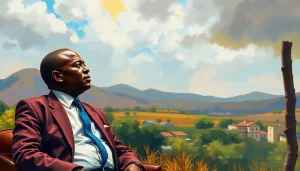

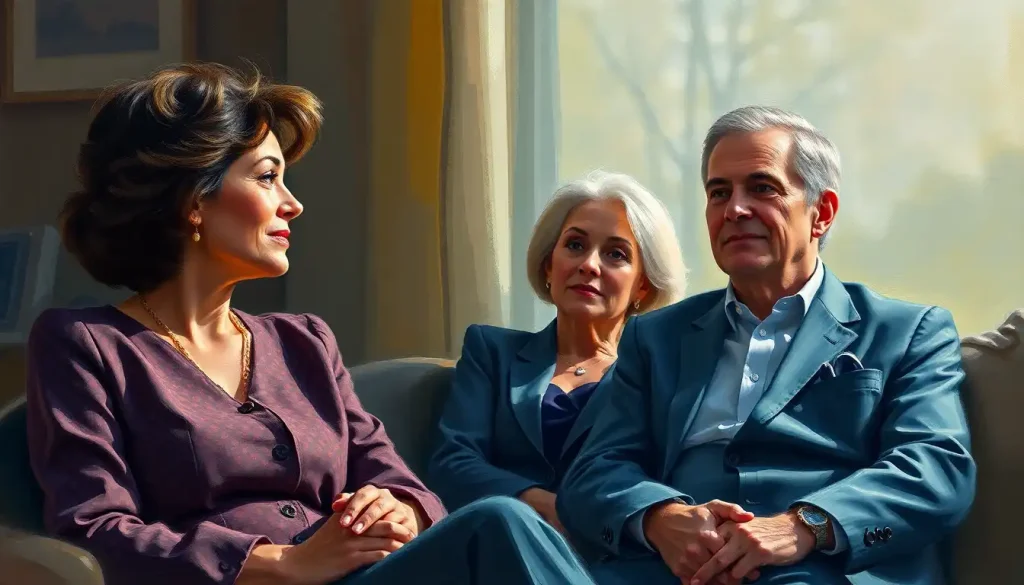

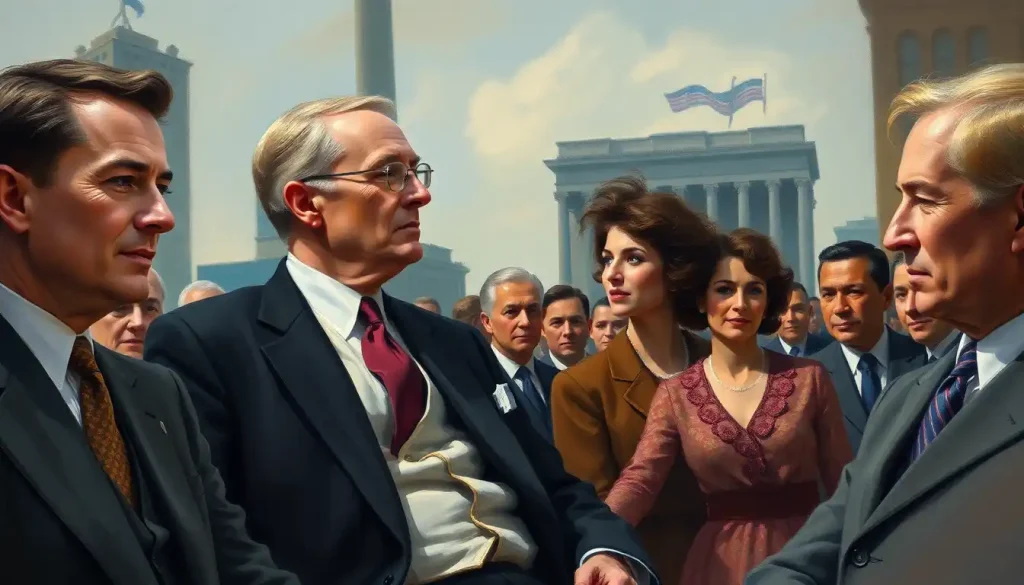

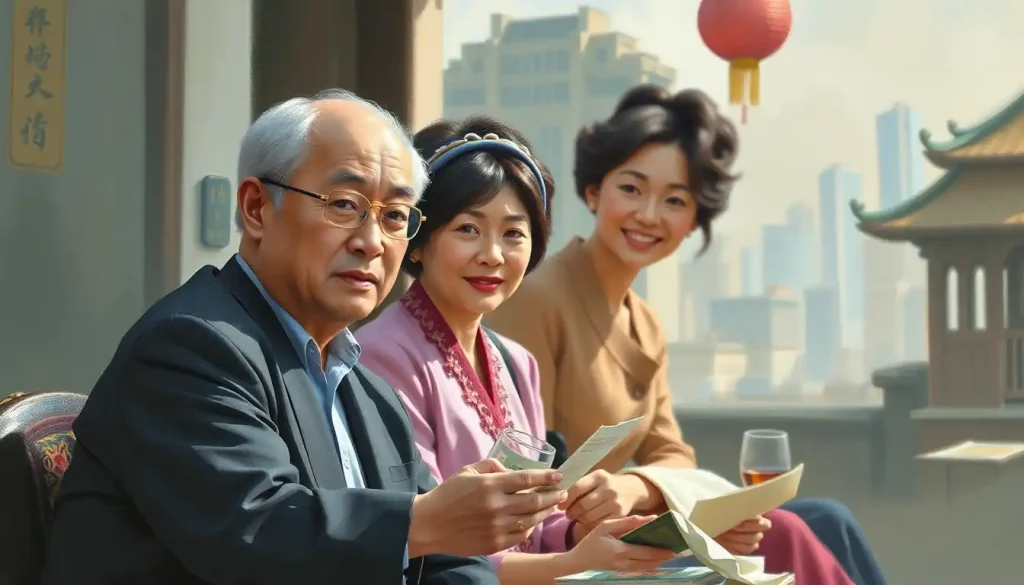

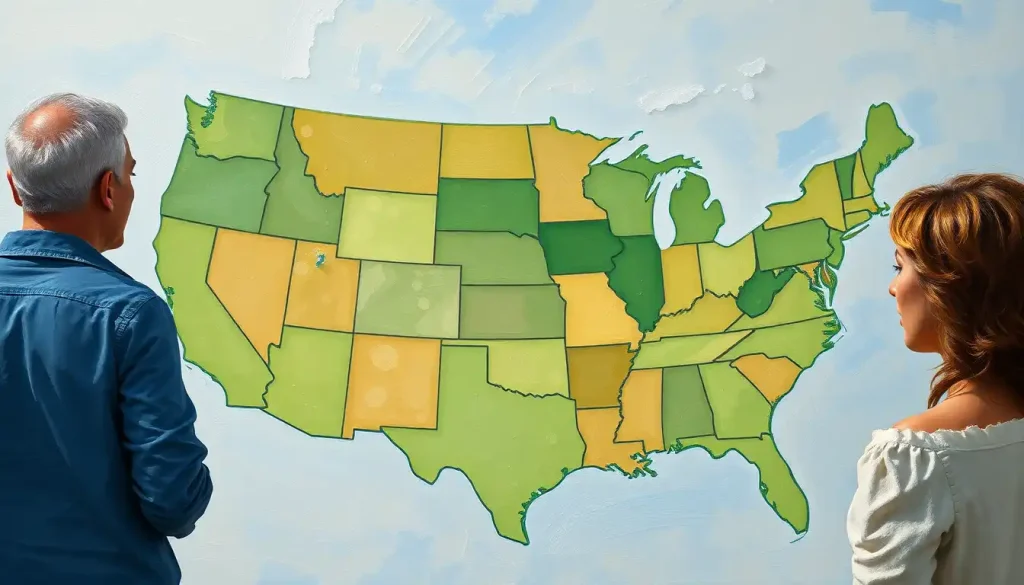


Would you like to add any comments? (optional)